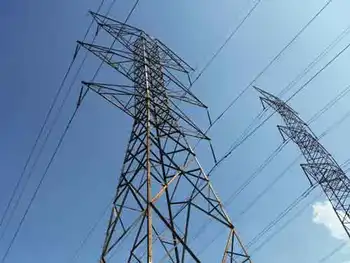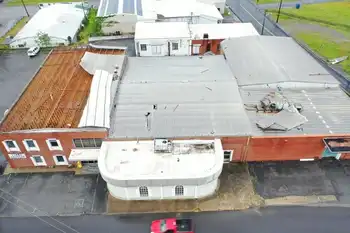Carbon capture and storage partnership to receive federal funding
By Canada News Wire
NFPA 70e Training
Our customized live online or in‑person group training can be delivered to your staff at your location.

- Live Online
- 6 hours Instructor-led
- Group Training Available
The ecoENERGY Technology Initiative is an investment in energy science and technologies, launched by Natural Resources Canada in 2007. The investment is intended to accelerate the development and market readiness of clean energy technology solutions such as carbon capture and storage (CCS).
"EPCOR is developing projects at Genesee designed to provide cleaner electricity from power plants using both current and new technologies," said EPCOR President & CEO Don Lowry. "This funding will assist us in demonstrating that we can capture and store emissions from industrial-scale coal-fired electricity plants that use existing technology."
"CCS has the potential to transform the environmental footprint of our energy economy, and may be one of the best ways for Canada to reduce our greenhouse gas emissions," said Patrick D. Daniel, President & CEO, Enbridge.
"Through the demonstration project, we anticipate that we will gain practical knowledge of CCS technology, and that we will be in a position to share our sequestration findings widely within the energy industry."
EPCOR is proposing to develop a 150 MW (net) sub-critical combustion plant that would incorporate an amine scrubbing process to remove carbon dioxide from the flue-gas leaving the stack. ASAP and Enbridge would be responsible for developing and implementing the carbon dioxide transportation and storage technology that would compress the captured carbon dioxide and deliver it off site for enhanced oil recovery, or for permanent storage in deep saline aquifers.
EPCOR, Enbridge, and ASAP expect that nearly one million tonnes of carbon dioxide per year could be captured and stored, and that if it proceeds, the project could become operational in 2015.
The amount of funding that the EPCOR-Enbridge-ASAP partnership receives will be finalized during the contribution agreement stage. Funding will be subject to conditions including provincial co-funding and the negotiation of a final contribution agreement.
EPCOR and Enbridge will also be submitting this project to the Alberta Government for funding under the $2 billion CCS funding program that is associated with its climate change action plan.











